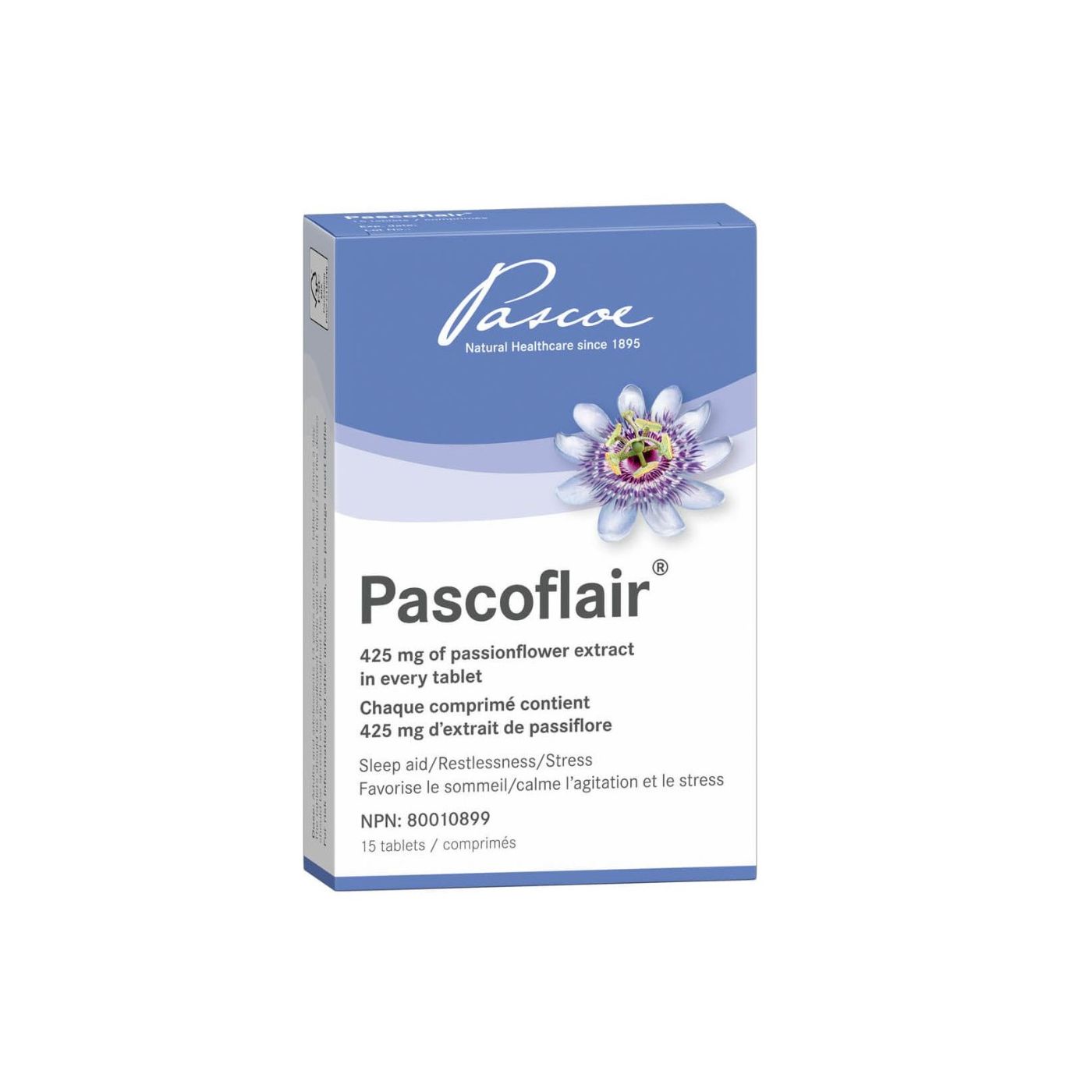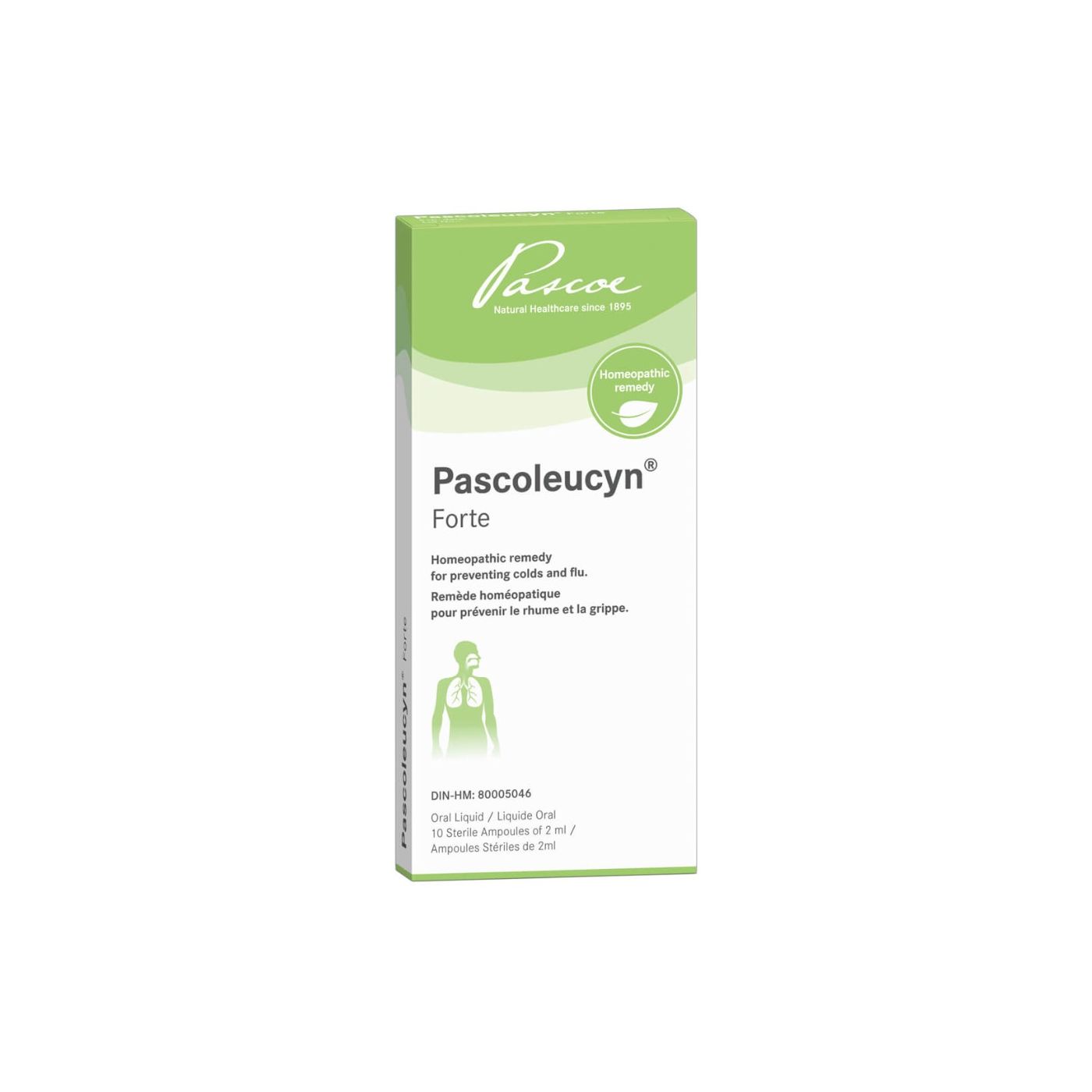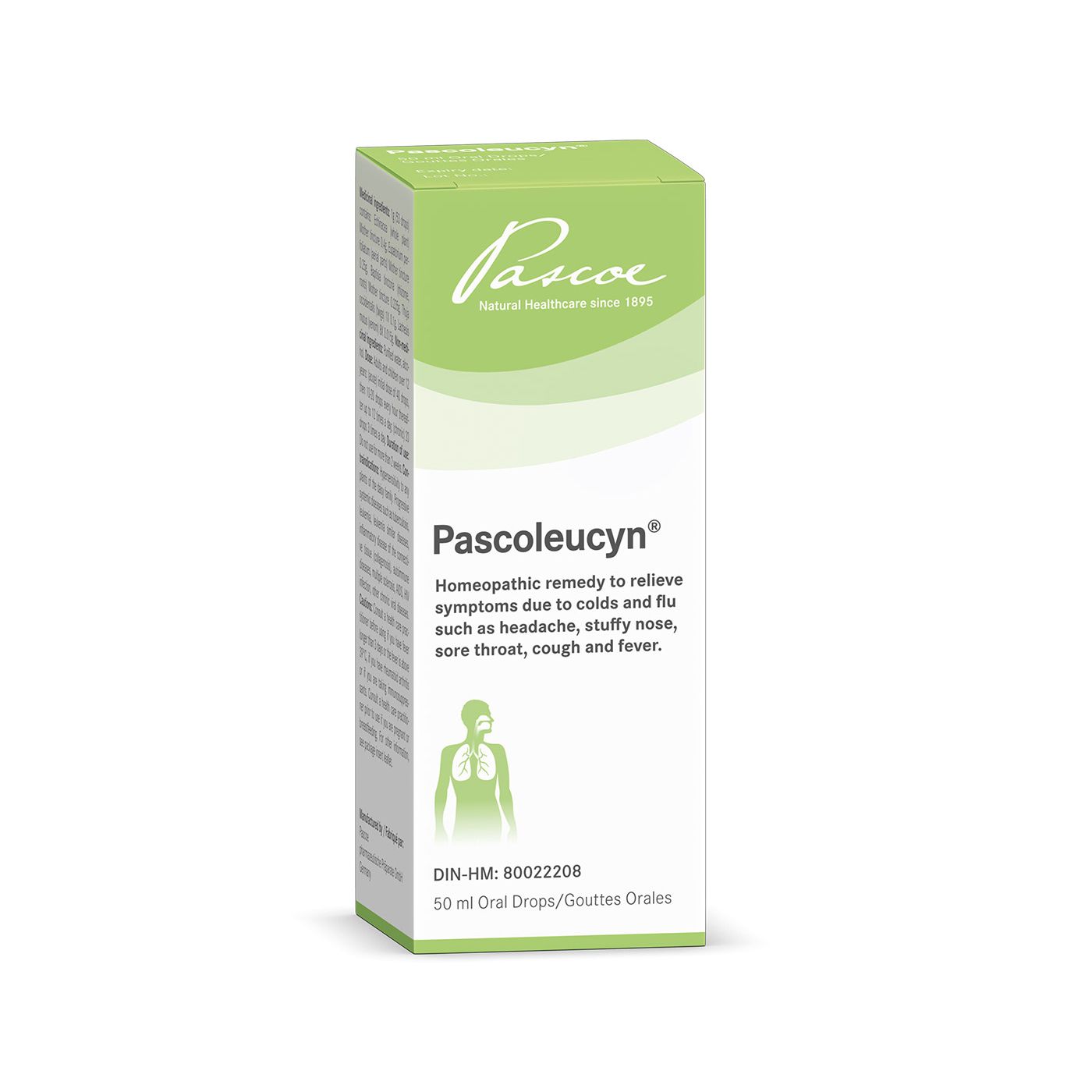Strengthen Your Immune System with Sleep
Many of us have grown up hearing the words "You snooze, you lose" or "the early bird gets the worm".
This attitude of relentless hustle seems ingrained in society. There is certainly something to be said about hard work. Yet this anti-sleep culture is hurting our health. Sleep deprivation and pushing past the point of exhaustion comes with consequences, especially for our immune system. A sleep disorder study performed in 2016 found that Canada is the third most sleep-deprived country in the world. More so, 1 in 3 Canadians experience some form of insomnia and are getting less than the recommended 7 hours a night. When there just aren't enough hours in the day between the demands of work, family, and everything else, sleep seems to be the easiest to sacrifice.
What is Sleep Deprivation?
In a nutshell, sleep deprivation can be classified as a disorder and means you are not getting enough sleep. While sleep duration varies from person to person, sleeping less than the recommended seven to eight hours each night can significantly impact the immune system and causes various other health concerns. Sleep deprivation may occur due to:
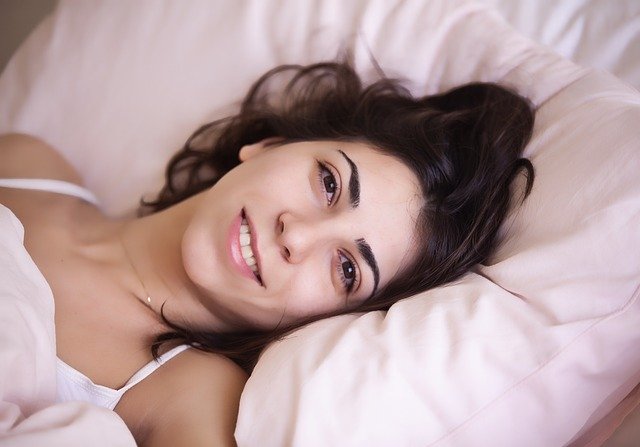

Considering we spend almost a third of our lives asleep, sleep clearly plays a pivotal role in our well-being and immune system. And the evidence for the importance of getting enough sleep for our immune system continues to build. The long-term effects of chronic sleep disorders can result in depression, inflammation, impaired memory and decision-making processes. Insomnia and individuals deprived of sleep are also at greater risk to cardiovascular disease and decreased insulin sensitivity. Sleep deprivation has also been shown to affect or impair motor and cognitive performance as well as metabolic functioning, such as weight gain. There is also overwhelming evidence linking sleep deprivation and our immune system. Simply put, sleep deprivation and insomnia affects and suppresses immune response. As a consequence, sleep deprivation or insufficient sleep decreases our immune system and ability to fight off pathogens and bacterium.
The Immune System
Sleep deprivation causes immune deficiencies and makes individuals more susceptible to disease. Our immune system simply can't produce the antibodies needed to fight pathogens and antigens. Conversely, getting enough sleep is an important factor in creating antibodies during the recovery of illness. While you sleep, the immune system is hard at work producing protective, infection-fighting antibodies and immune cells such as white blood cells.
White blood cells are divided into two categories of antibodies. The first group are Granulocytes which include neutrophils, eosinophils, and basophils. Granulocytes support the body's immune response and fight non-specific bacterial infections. The second group of white blood cells in the complement system are Lymphocytes. Lymphocytes are a subtype of white blood cells that are more specific for immune response. Lymphocytes include B-Cells, T cells and Natural killer cells.
B cells, also known a B-lymphocytes produce antibodies. B cells help the immune system activate a response to bacterium. When an antigen binds to the B-cell surface, it secretes millions of antibodies into the bloodstream, lymphatic system and lymph nodes. In the lymphatic system and lymph nodes, antibodies attack antigens and bind to them. The binding of an antibody to a toxin neutralizes them.
T cells are known as T-lymphocytes. T cells help recognize and remove antigen-causing cells. T cells are primarily made in the bone marrow. Bone marrow is spongy tissue found within bones. T cells travel from the bone marrow in the blood to the thymus. In the thymus, T cells mature into T lymphocytes and circulate through the lymphoid organs and lymph nodes ready to encounter foreign invaders through cell-mediated response. T cells are activated by dendritic cells. Dendritic cells are professional antigen-presenting cells. When dendritic cells activate T cells, they kill off bacterium. T cells are vital cells in the immune response system. T cells activate immune cells, regulate the immune response, and produce cytokines.
Cytokines are sleep regulatory substances. They are small secreted proteins made by T cells and macrophages. Macrophages are large cells that recognize pathogens, engulf, and destroy targeted cells. Macrophages are the bodies first line of defense in protecting the body from bacterium and pathogens. When foreign pathogens and antigens invade the body, inflammatory receptors release cytokine such as interleukin-1(IL-1β), IL-6 and leukocytes to protect the body. If the microbe gets past the first line of defense, T cells and B cells respond. These cells help macrophages eliminate the disease-causing cells. Killer T cells recognize the virus-infected cells and release cytotoxins to kill the target cell.
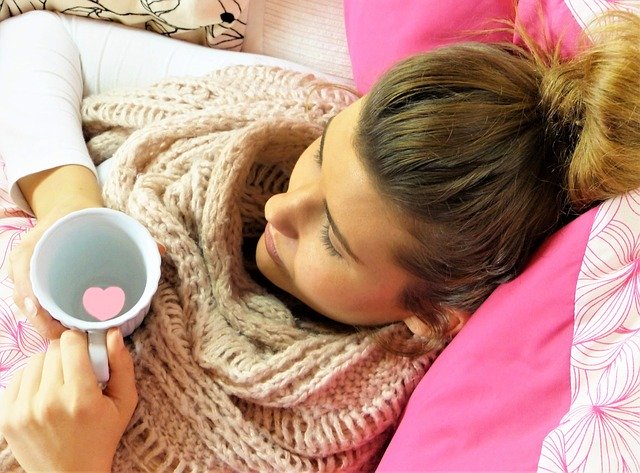

Sleep Deprivation and the Immune System
As we know, the central nervous system and the immune system can sense stimuli from the environment and respond. The two systems closely interact. For instance, when there is acute physical stress, an inflammatory response will be activated by the immune system to help ward off the pathogen. Likewise, the brain has the ability to keep track of its sleep-wake cycle. When long-term sleep deprivation occurs, many hormones, inflammatory receptors, and cytokines in the immune system are impacted. When there is sleep deprivation, the body makes fewer cytokines which target antigens and inflammation. If you miss out on shut-eye, a double whammy takes place as cytokines are both produced and released during sleep.
In addition, sleep deprivation inhibits the immune system from producing infection-fighting antibodies and immune cells. The immune system requires antibodies to latch onto and kill off foreign substances called an antigen. Sleep deprivation impairs our immune system as it stops your immune system from building up its forces. Sleep restriction causes immune deficiency and makes it more difficult for your body to defend against bacterium and viruses. Sleep deprivation may also cause you to take you longer to recover from illness.
Set Yourself Up For Sleep Success
If you feel sleep-deprived, constant sleepiness throughout the day, and never well-rested, you may be experiencing sleep deprivation. To best support your immune system and immune response, it is important to recognize and rectify your sleep problems and sleep deprivation with healthy sleep habits.
- Eliminate stimulants, such as coffee or energy drinks, after 2:00pm.
- Implement a sleep schedule. Regular sleep patterns reinforce your circadian rhythm. Mimic your circadian rhythm and try to wake up and go to bed at the same time everyday even on weekends.
- If you experience sleepiness during the day, a 15 to 20 minute nap or slow-wave sleep have been shown to reduce the effects of sleep deprivation
- At lease an hour before bedtime, turn off electronics and blue light devices. Try reading a book, meditation, or breathing techniques to wind down.
- Turn your thermostat below 75 degrees and sleep in cooler temperatures
- Engage in daily movement. However, refrain from exercising at least three hours before bedtime. Exercise releases the stress hormones in your body, which could leave you more alert causing sleep deprivation.
- Avoid sugary and spicy foods before bed, as research suggests that they can cause indigestion and discomfort
and affect sleep or cause sleep deprivation. - If you experience a disorder, such as sleep apnea, consult a medical professional. Sleep apnea occurs when breathing repeatedly stops and starts.
- If you're someone who worries about your never-ending to-do list or has a busy mind at night which causes sleep deprivation, sleep medicine and natural remedies are available.
How Pascoe Can Help to Support Your Sleep and Immune System
Pascoflair® is a herbal sleep aid used in cases of restlessness or insomnia due to mental
stress. Made with 425 mg of
passionflower extract, Pascoflair®
calms the busy mind and shuts off running thoughts. Fall asleep fast and wake up feeling refreshed with no side
effects and no known interactions.
Pascoleucyn Forte® is a homeopathic remedy that effectively prevents colds and flu. The drinkable ampoule is made with echinacea and other powerful herbs that also help kill infection and antigens. Pascoleucyn Forte® relieves symptoms such as headache, stuffy/runny nose, sore throat, sneezing, cough and fever.



